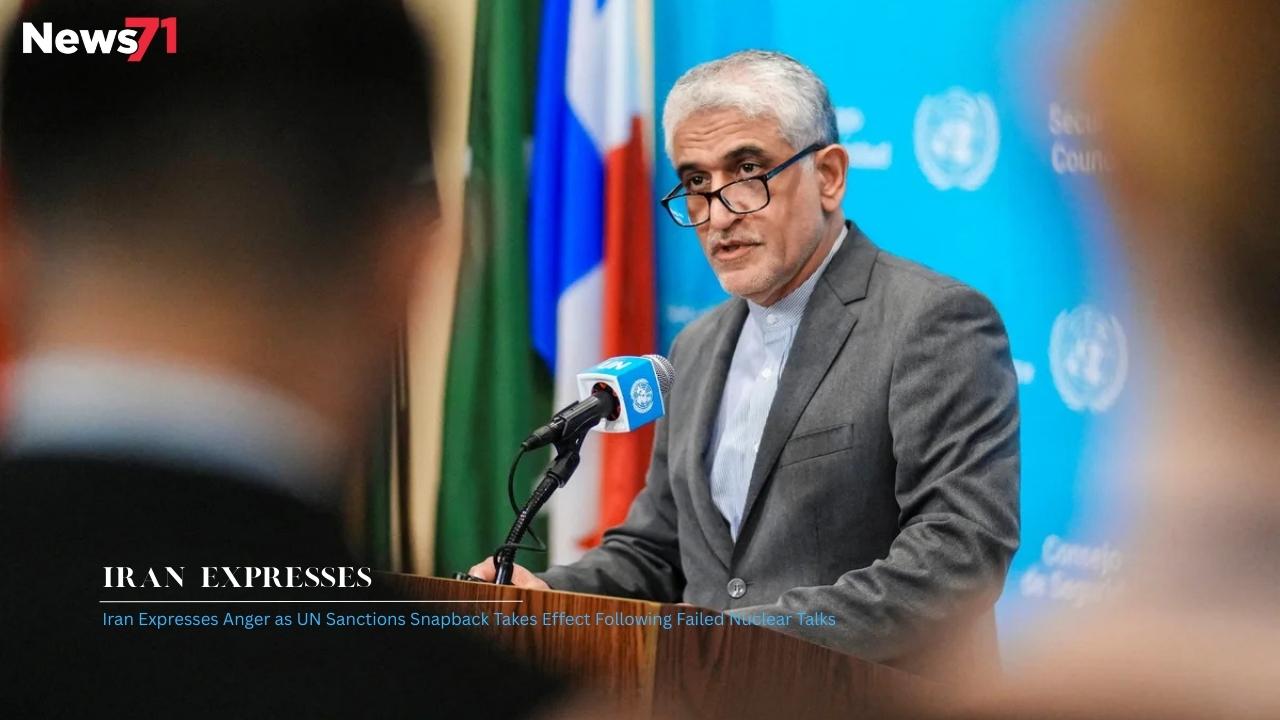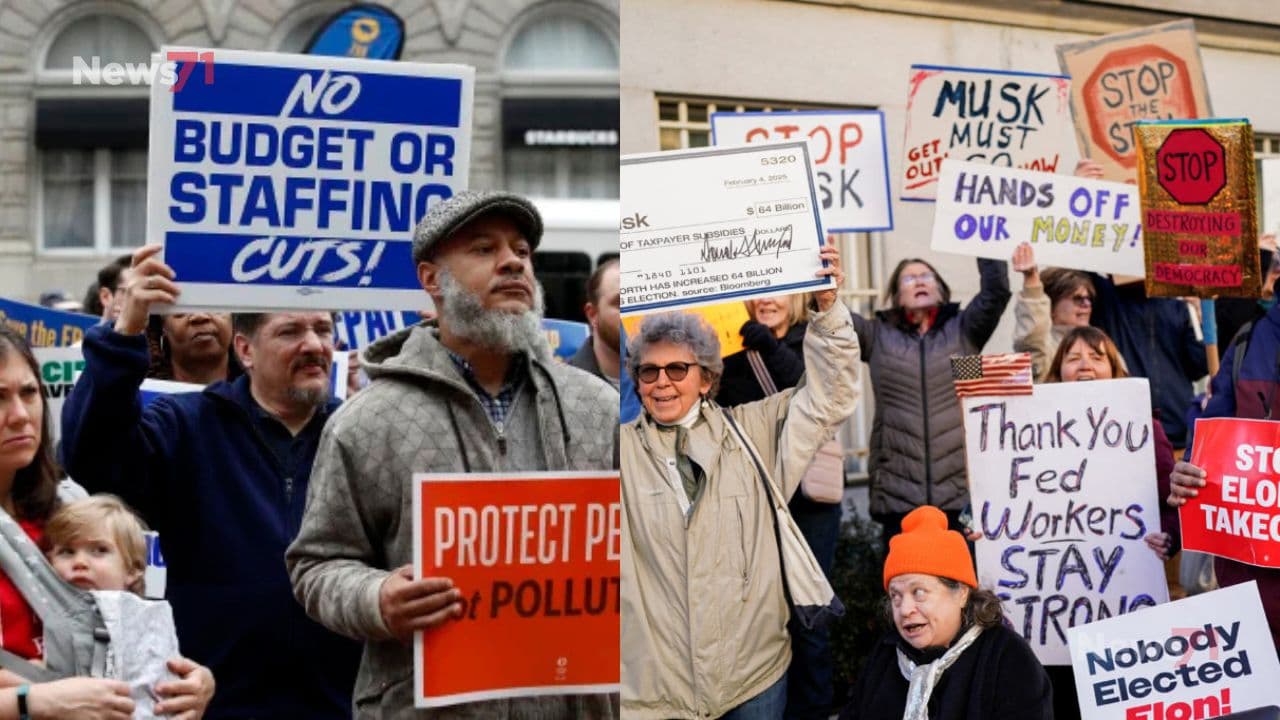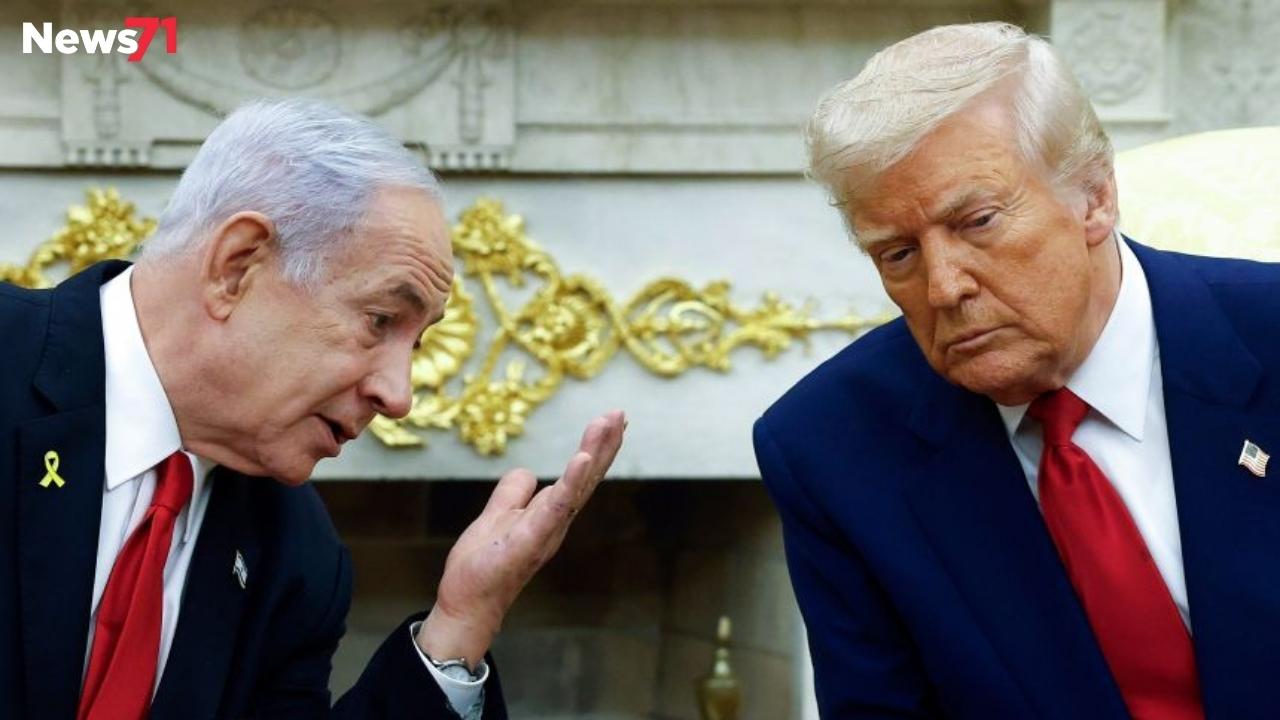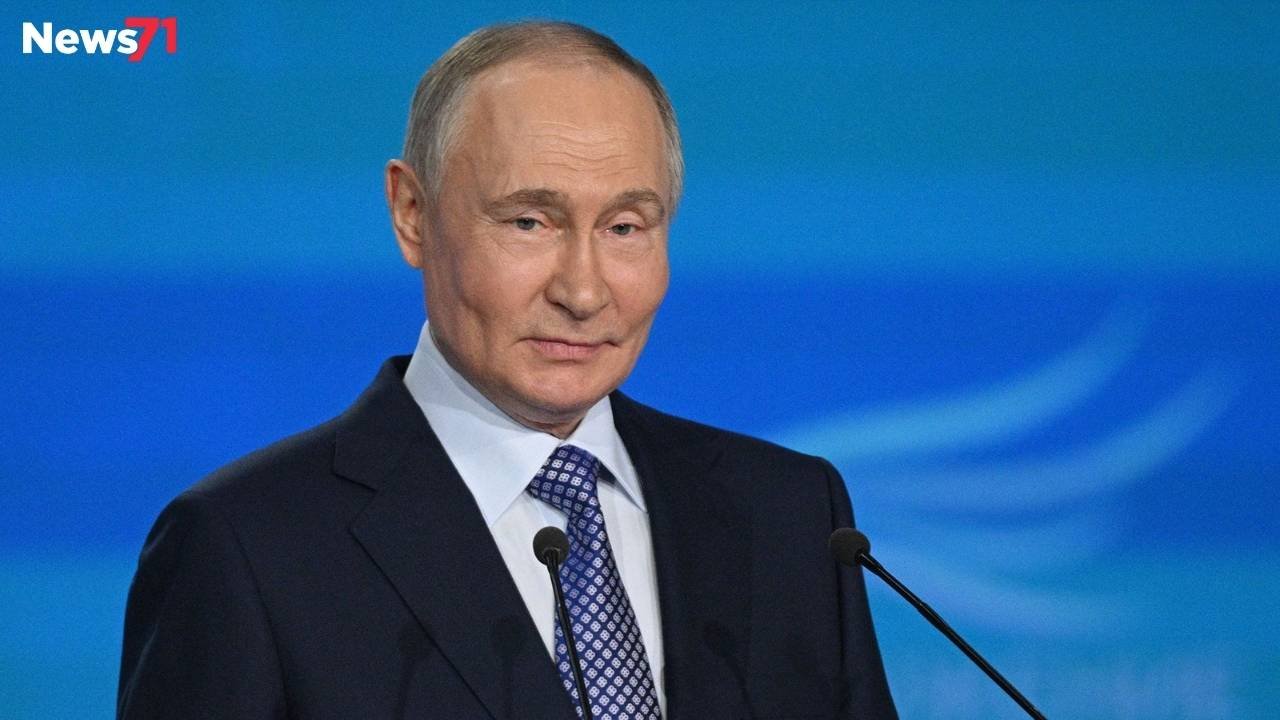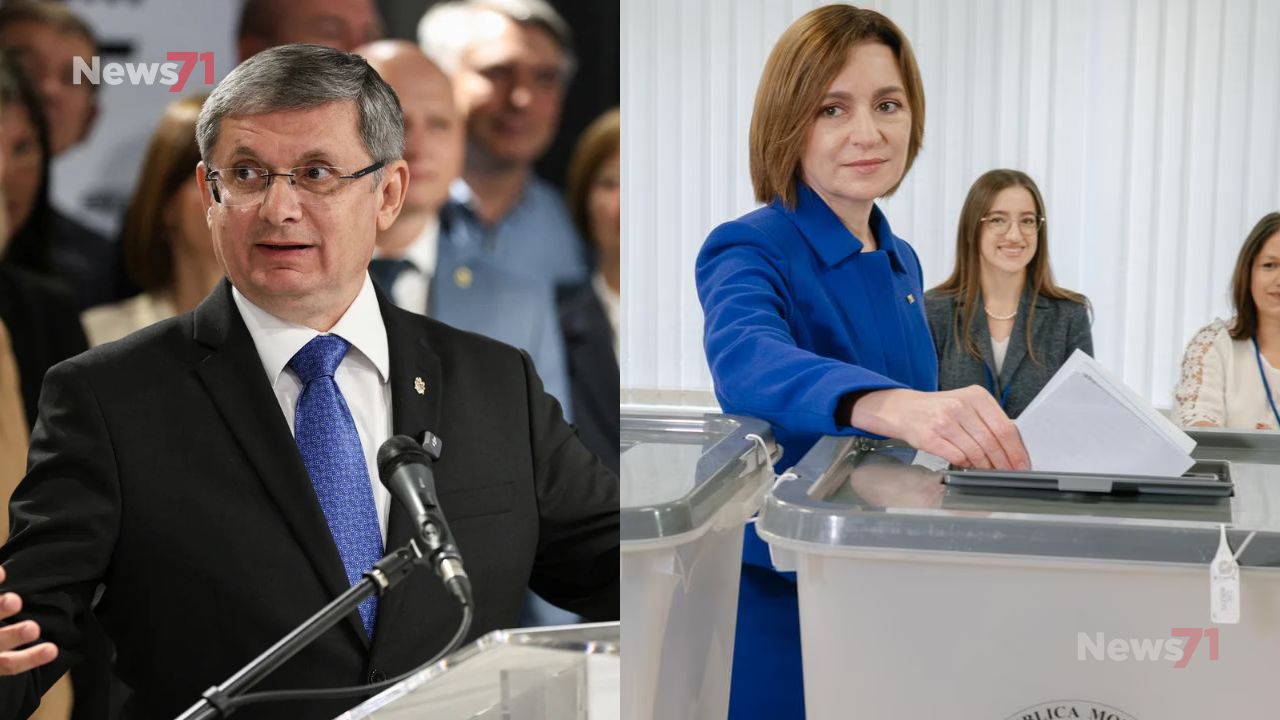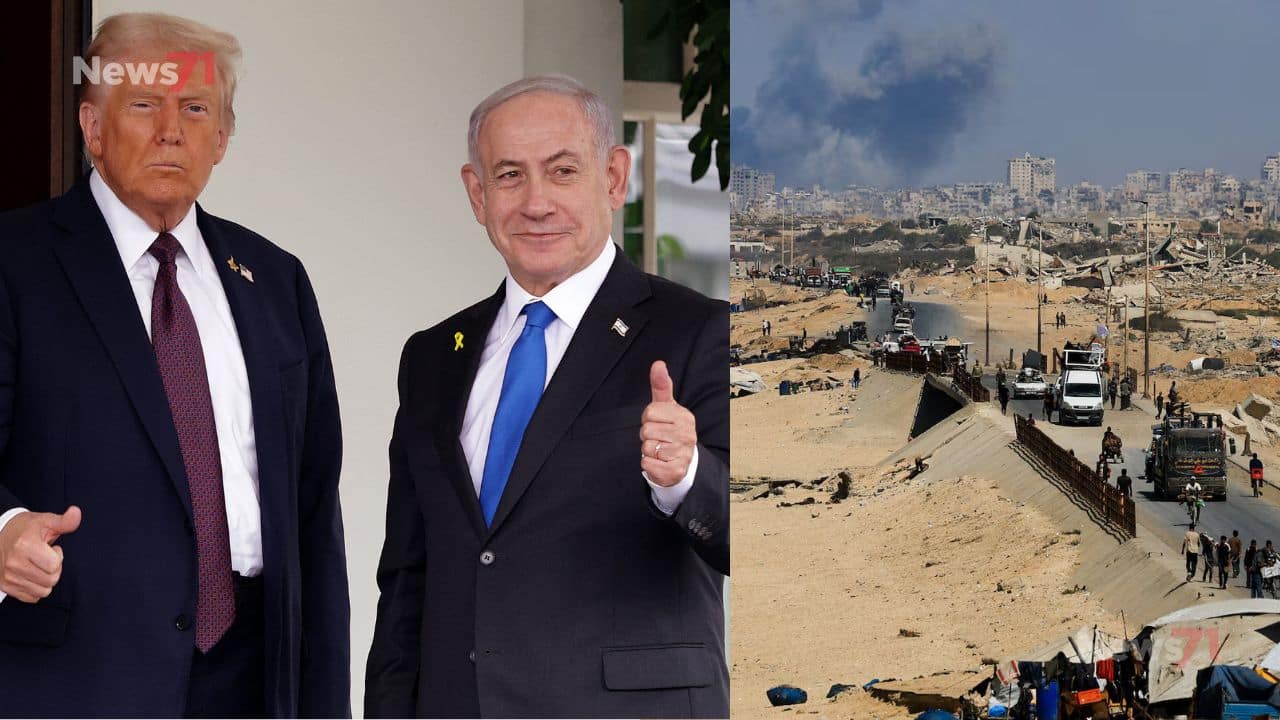Widespread UN sanctions on Iran have been reactivated for the first time in a decade, triggering anger in Tehran after last-minute nuclear negotiations with Western powers collapsed. The sanctions, effective late Saturday, restrict dealings related to Iran’s nuclear and ballistic missile programs and are expected to further strain its already troubled economy.
The Iranian Foreign Ministry condemned the move as “legally baseless and unjustifiable,” urging all countries to reject what it called an illegal situation. The Iranian rial fell to a record low against the US dollar as the sanctions came into force.
Despite the sanctions, European and US diplomats emphasized that diplomatic efforts were ongoing. US Secretary of State Marco Rubio called on Tehran to “accept direct talks, held in good faith” and urged UN member states to fully implement sanctions to pressure Iranian leaders. British, French, and German foreign ministers also affirmed their commitment to pursuing a diplomatic solution that would prevent Iran from obtaining nuclear weapons while urging Iran not to escalate tensions.
EU foreign policy chief Kaja Kallas cautioned that sanctions should not mark the end of diplomacy, stressing that a lasting resolution can only be achieved through negotiations.
Iran Expresses Anger as UN Sanctions Snapback
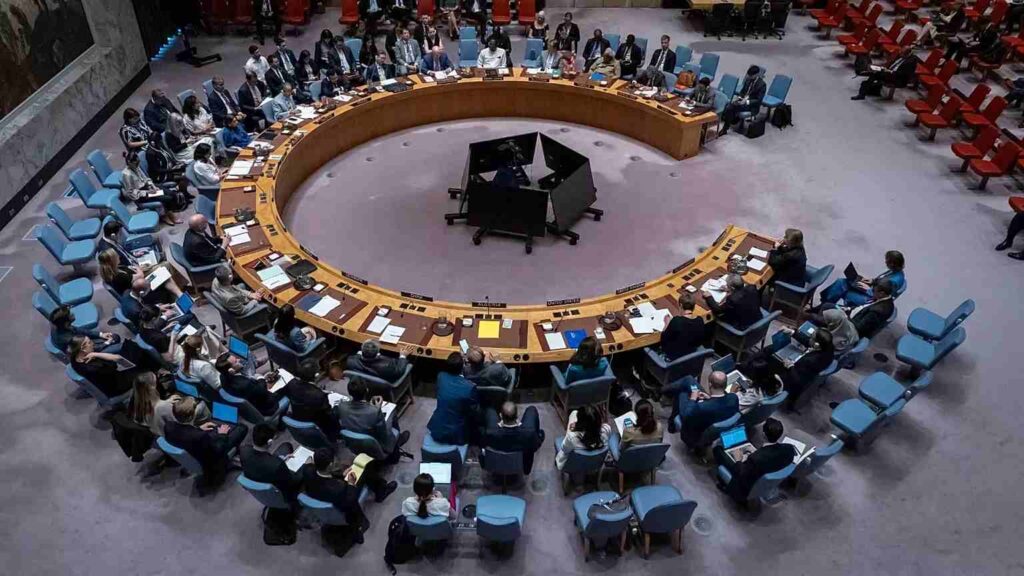
Iran has permitted UN inspectors back to its nuclear sites, but President Masoud Pezeshkian rejected US demands for surrendering its entire enriched uranium stockpile, calling them unacceptable. An effort by Russia and China to delay the snapback until April failed in the UN Security Council vote.
Germany, which alongside the UK and France triggered the sanctions, stressed the importance of preventing Iran from acquiring nuclear weapons while keeping diplomatic channels open. Russia, however, declared it would not enforce the sanctions, criticizing the West for undermining constructive dialogue and using pressure tactics on Tehran.
The sanctions represent a “snapback” of measures suspended under the 2015 nuclear deal, which the US exited during Donald Trump’s presidency, subsequently imposing its own unilateral sanctions.
Recent attacks on Iranian nuclear facilities by Israel and the US worsened tensions, leading to the breakdown of Omani-brokered talks earlier this year. Iran has since recalled its envoys from the UK, France, and Germany.
On the ground, ordinary Iranians are feeling the impact. The rial’s sharp devaluation is pushing prices higher, worsening an already dire economic situation characterized by inflation and infrastructure challenges. Analysts note that while Iran has adapted to US sanctions, the UN snapback adds further pressure, complicating efforts to stabilize the economy.
